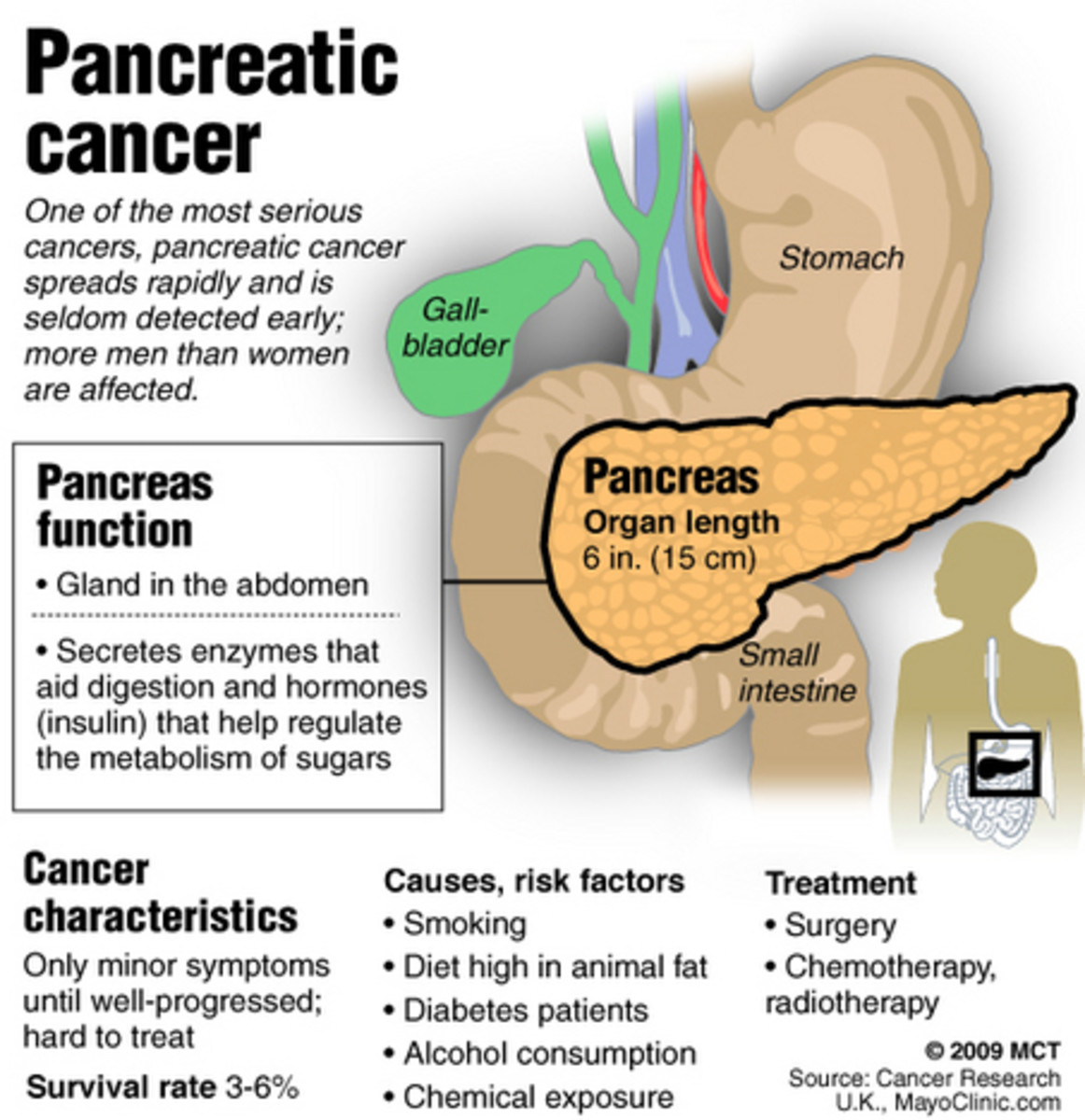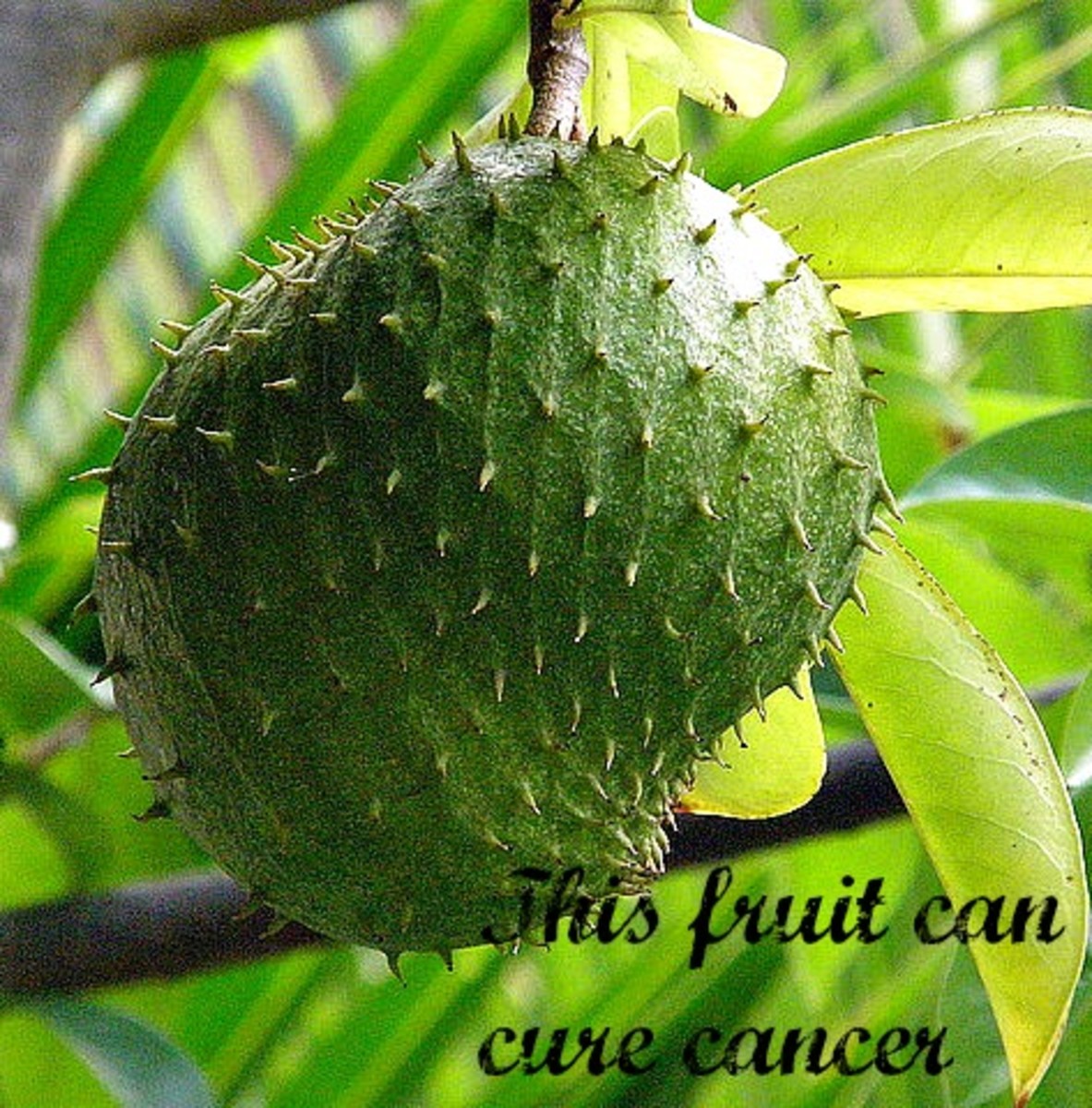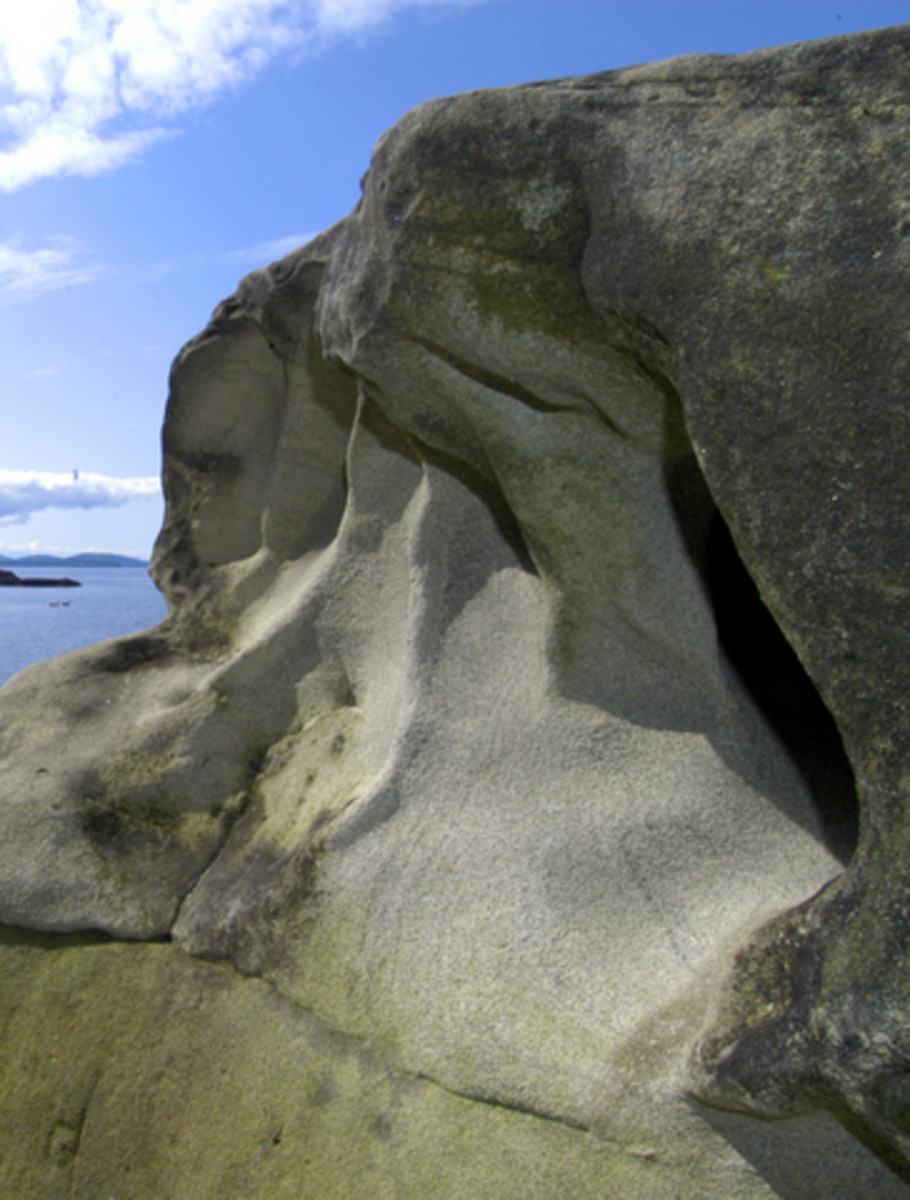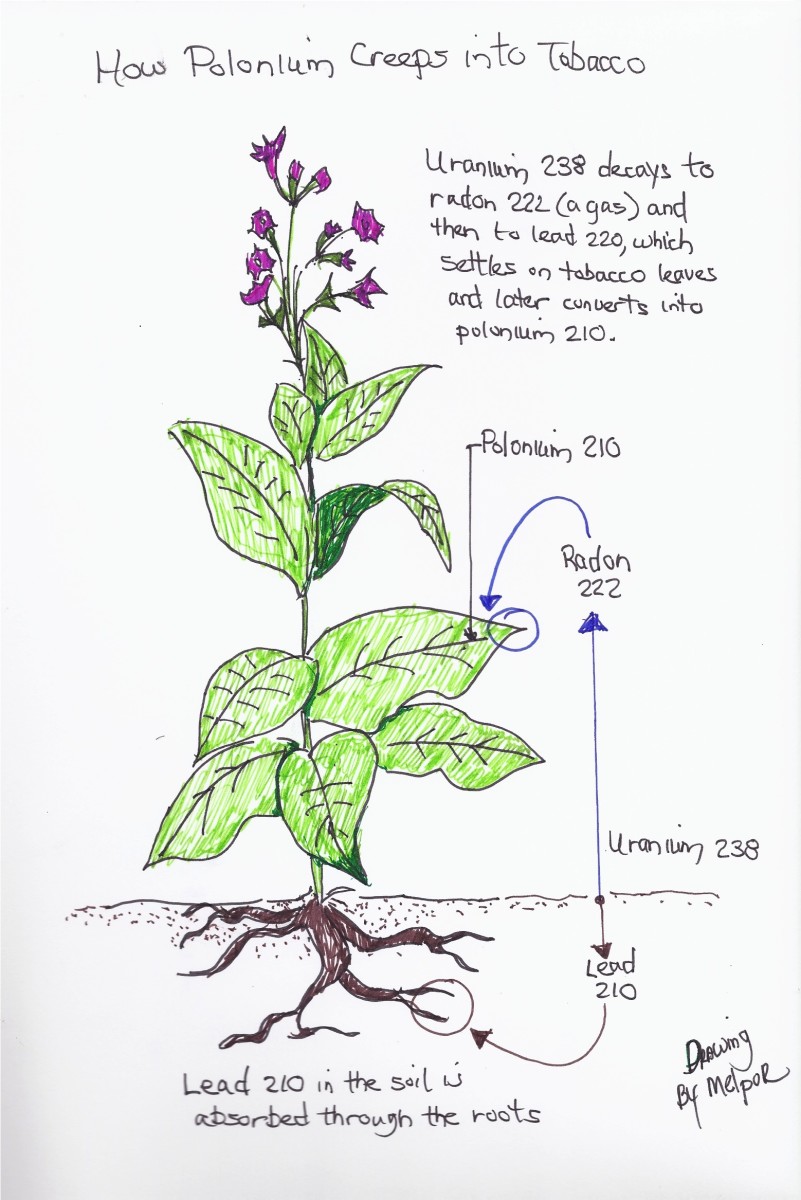SHARK CARTILAGE MAY BE CANCER CURE - CRITICISM & CONTROVERSY PART 1
Cancer is a very serious subject for everyone and especially those inflicted with the disease as well as for those who support them. We are always hopeful that some miracle cure will be found to eliminate this dreadful condition that can inflict anyone at anytime. I am motivated to write this article because two of my own relatives were diagnosed with breast cancer. Neither of them survived. Therefore my intentions in addressing this topic are three fold:
to be sincere in my objectivity.
to be thorough but concise in relating the information.
and finally, to do my best in providing answers of genuine concerns, directly and indirectly associated with this topic.
I hope I am successful in this task.
SHARK CARTILAGE-WHAT IS IT?
It is exactly that...a shark's cartilage tissue. Sharks are unique creatures in the animal kingdom because they actually do not have any bones. The entire skeleton of a shark is completely made up of cartilage. But what exactly is cartilage? It is a translucent flexible connective tissue that functions as a shock absorber and reduces friction around moving parts. It is found in numerous places on the body: around the vertebrae of the spine, in between joints such as your elbow, knees, knuckles etc. You are probably most common with the cartilage in your nose and ears. It is very tough and pliable. What is most interesting about cartilage tissue is that it has no blood vessels, nerves or even a lymphatic system. Therefore the needed nutrients are not supplied to the cartilage through blood or lymphatic fluids. It is this particular fact that holds hopeful promise in the prevention of Cancer as well as other diseases that cause the formation of malignant tumors as well as other illnesses.
WHY DO THEY BELIEVE SHARK CARTILAGE CAN HELP FIGHT CANCER?
Cancer relies on and actually promotes a normal physiological process know as Angiogenesis, which simply stated means-blood vessel development. Tumors have the ability to further their own growth by literally secreting a hormone called ' anagiogenin'; this hormone encourages the blood vessels nearby to branch-out and surround the tumor in order to feed them the oxygen and nutrients they require via the new blood supply. This is the means for how Cancer thrives and survives. These new networks of blood vessels also become the means for carrying away the waste products of the tumor; which more than likely is the mechanism of metastasis-that is to say, when a portion of the the tumor breaks-away and settles in a different part of the body creating another colony of cancerous cells thereby spreading the infection. Research done by Dr.Robert Langer of MIT along with other workers found a very promising anti-tumor agent in very large quantities in Shark Cartilage. It was discovered that Shark Cartilage contains a compound that inhibits the 'blood vessel developement' propensity of the cancer dispensed hormone anagiogenin, which not too surprisingly is named 'angiogenin inhibitor'. The bottom line; if we can prevent the growth of new blood vessels then the blood supply is removed and the tumor starves or it is 'choked to death' in its own waste products.
HOW THE PANDEMONIUM BEGAN
Over the years there has been a prevailing myth that Sharks don't get Cancer. Then in the late 1970's and early 80's major laboratory experiments were done on studing the effects of Shark Cartillage on Cancer using test tube and animal clinlical trials. The research revealed that Shark Cartilage has the capability to obstruct the formation of new blood vessels thereby previnting the growth of cancer. Though the idea became most popular amongst the general public in 1992 after a "best selling book" was published by Dr. William Lane entitled (coincedently enough) "Sharks Don't Get Cancer". So then when the Shark Cartilage suppliment was introduced on the market as a prevenitive or even possibley a cure for Cancer, the full feldge controversy began. The fact is, Sharks do get cancer! The first documented case of a Shark discovered with Cancer was in 1908. However, Cancer in Sharks is relatively rare when compared to other creatures in the world. Though they are undeniably ancient they are far from being primitive; Sharks have a far superior and sophisticated immunity; not only to Cancer but also to toxins, pollutants and a host of other diseases At the Smithsonian Institution there are literally thousands of fish tumors that have been collected and only about 15 of them are from sharks and of those, only two are believed to have been malignant (this is not to infer that only 15 cases of Shark Cancer as been found). Nevertheless, just because Sharks have incidents of Cancer this does not mean we should automatically dismiss the potential value of Shark Cartilage as an supplimental agent against Cancer.
Over the years there has been a prevailing myth that Sharks don't get Cancer even though the first documented case of a Shark Tumor was discovered in 1908. Still yet, when compared to other creatures in the world, the incidents of Cancer in Sharks is relatively rare. In the late 1970's and early 80's major laboratory experiments were conducted on the effects of Shark Cartillage on Cancer. The studies were performed using test tube and animal clinlical trials. The research revealed that Shark Cartilage can indeed block the formation of new blood vessels thereby previnting the growth of cancer. As promising and intriguing as these reports were it was not until 1992 that the real pandemonium began. At that time a "best selling book" was published by Dr. William Lane entitled (coincedently enough) "Sharks Don't Get Cancer". It was there and then that the general public, media, medical, health and science communities all took great interest (pro and con) on the subject of using Shark Cartilage for health benefits. So then when the Shark Cartilage suppliment was introduced on the market and advertised as a prevenitive or even possibley a cure for Cancer, the full feldge controversy was incited.
Yes, Sharks do get cancer! Though they are undeniably ancient they are far from being primitive; Sharks have a far superior and sophisticated immunity not only to Cancer but also to toxins, pollutants and a host of other diseases For the record; at the Smithsonian Institution there are literally thousands of fish tumors that have been collected and only about 15 of them are from sharks and of those, only two are believed to have been malignant (this is not to infer that only 15 cases of Shark Cancer have been found). Nevertheless, just because Sharks can contract Cancer, this does not mean that we should automatically dismiss the potential value of Shark Cartilage as an supplimental agent against Cancer.

WHAT DOES THE EVIDENCE SHOW
PRO
Dr. Meshad, a very well-known oncologist in the United States, had reported on the case or Yoriko “Ruth” Bynum, a 59 year old resident of Alabama (USA); she had been diagnosed with a metastatic lung Cancer. Because it had already spread so extensively it was considered nothing less than a death sentence. Ruth had been administered a high dose (80 gm per day) of Shark Cartilage which provided her progressive relief of her symptoms; in particular, the muscle and joint pains, persistent cough and the difficulty she had with her breathing. Dr. Meshad expressed his amazement that after 60 days of using Shark Cartilage, Ruth had complete mobility without assistance and no longer required oxygen. Repeated chest x-rays displayed that her lung cancer had nearly a complete resolution which continued to improve over the next three months. As indicated by Dr. Meshad’s doctor records, he is quoted as saying: “Lung fields show near complete resolution of the bilateral extensive pulmonary metastatic disease originally diagnosed in August with marked decrease in October and further decrease today such that they are barely visible. Impressions : dramatic resolution of bilateral metastatic adenocarcinoma.”
“In July, 1992, my daughter Becky Farr - age 40 - had a CAT scan. It showed a tumor. On August 14, 1992 she was operated on at UCSF by our surgeon. He removed most of it but couldn't get it all (it was Astrocytoma, a fast growing brain tumor). In September I heard of the shark cartilage so I started giving her 9 capsules a day. She was now paralyzed on her right side and couldn't talk at all. She went for 2 treatments of chemotherapy and all the time I kept up with the shark cartilage. In December, 1992, when she had her second and last chemotherapy treatment, we almost lost her. Our doctor really gave up hope. She was hospitalized and he asked if I wanted life support used as they thought she'd go during the night. By the grace of God, she survived and by the end of the week she came home. The tumor was still larger in January, then in February it stabilized and by April it had shrunk. It's still there, but it's smaller and no new growth has been found” Mrs. Rose Rodrigues
There was an independent study in Mexico at the Oasis Hospital of Hope overseen by Dr. Ernesto Contreras. In this study were eight non-paying patients all were diagnosed with terminal cancer: one man and seven women with six different types of Tumors among them. All of them showed no response to other therapies prior to the study. They only therapy they received was a special high potency liquid Shark Cartilage enemas for an eleven week period. Each patient received 30 gm daily in two equal doses. At the end of therapy period, five of the patients were Tumor free, two had their Tumors reduced by an amazing 85% and one had died.
After the success of the first Mexican study a second clinical study ensued in Mexico at the Hoxsey Clinic under the supervision of Van Zandt, M.D.. This case involved 8 Breast Cancer patients who were given 60 gm per day of Shark Cartilage orally along with a special herb tonic (ingredients unknown). After only eight weeks all of the Tumors had reduced in size significantly. In 3 of the cases the Tumors had become encapsulated and in two others where the Tumors were attached to the chest walls, they had completely detached and were free floating.

OPPOSED
In 1993 a 16 week trial was done in Cuba which was reported on by the CBS news program “60 Minutes”. This study involved 29 patients with stage III or IV Cancers of the prostate, tonsils, breast, urinary bladder, ovarian, brain, liver, and the oesophagus; all were not expected to live more than 3-4 months. At the start of the trial all of the patients were completely bedridden. The television program reported that there was a significant clinical improvement in 40% of the patients. At the end of the study, those who had survived were once again walking, running, paying and doing their normal activities. However, the National Cancer Institute called the study "incomplete and unimpressive."
In the mid 90’s Charles Simone, M.D. of the Simone Protective Cancer Center, Lawrenceville, N.J. gave an interview after assessing the validity of the Cuban Clinical Trial (as mentioned above). Simone had expressed is optimism concerning Shark Cartilage by stating; "Shark cartilage is totally non-toxic, and so far, we're getting some positive results with zero side effects," He had gone on to mention one Cancer patient in particular who had exhausted all conventional treatments, he said “...his PSA was about 70 [when he started treatment] and is now down to 20 and he's currently doing very well. This patient came in on a stretcher and he's now able to drive his car."
Most of the proof of the benefits of Shark Cartilage The fact of the matter is: the benefits of Shark Cartilage as a cure for Cancer is predominantly encouraged by anecdotal evidence and has not translated well into hard scientific proof.
The fact of the matter is: the benefits of Shark Cartilage as a cure for Cancer is predominantly encouraged by anecdotal evidence and has not translated well into hard scientific proof.
This concludes Part 1 of this Article. Click here for Part 2






